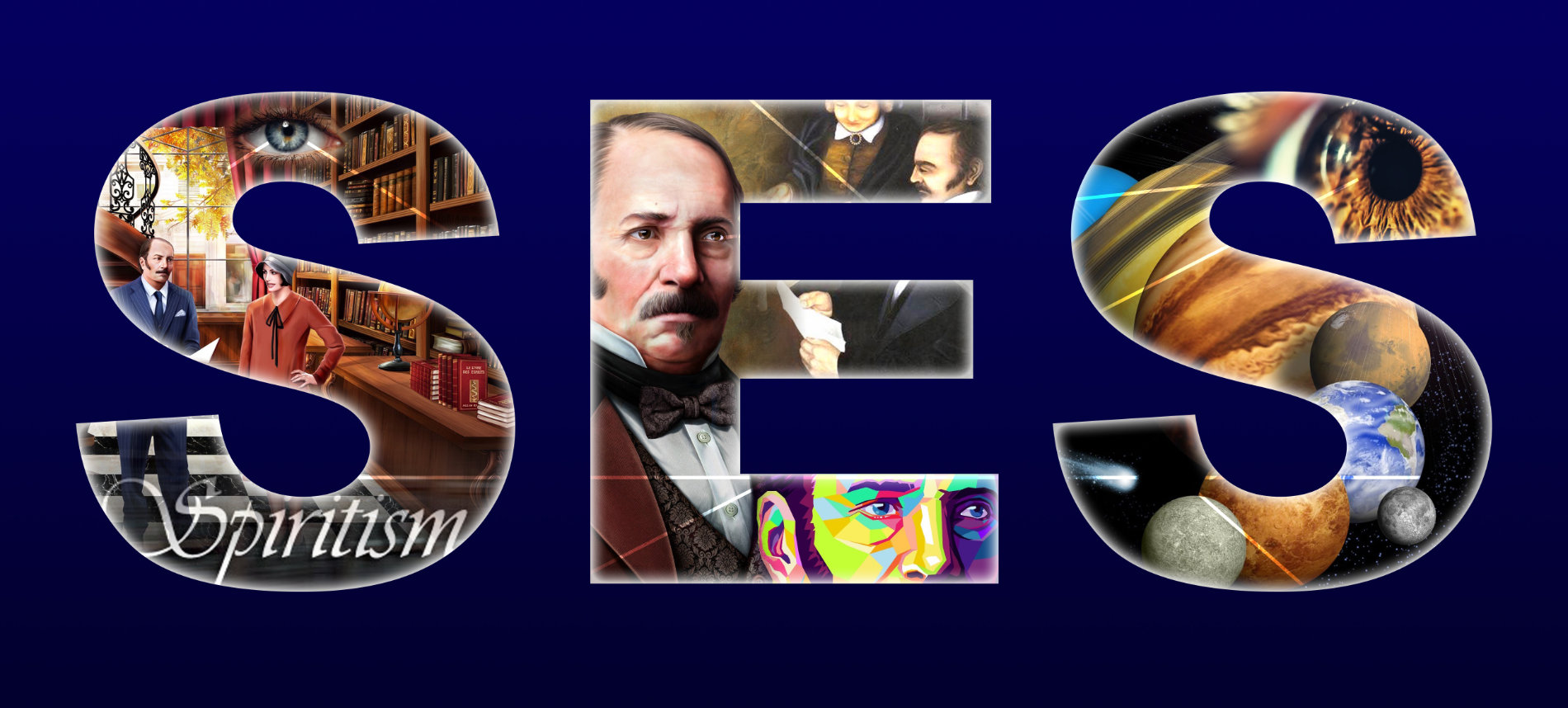
Life-Review: An Spiritist Omission?
Nowadays this is a puzzling observation. Neither Psychology nor Psychiatry nor Neurology ever referred to the existence of such a retrievable memory unit in the human subconscious. This quote appeared as a catchphrase in a published report of a non-near-death experience. It refers to the experience of a rapid life review of the memories and events of a person’s life. The review is sometimes chronological, but most often is a panoramic or 3-D unfolding of images archived in the subconscious. Reports of a life time review are a common element of the Near-Death Experiences reported by thousands of people all over the world.
Surprisingly, this phenomenon has not been reported in the fundamental works of the Spiritist thought, and this is especially confounding because of their intense focus on the life of the spirit both while in and without matter. That’s sure to beg the question why that happened.
One of the earliest persons to report such an experience, when he nearly drowned, was Admiral Francis Beaufort of the British Navy. He wrote, “The whole period of my existence seemed to be placed before me in a kind of panoramic view.”
Here is an example of a lifetime review reported by Dr. Jeffrey Long in a recent book:
I went into a dark place with nothing around me, but I wasn’t scared. It was really peaceful there. I then began to see my whole life unfolding before me like a film projected on a screen, from babyhood to adult life. It was so real! I was looking at myself, but better than a 3-D movie as I was also capable of sensing the feelings of the persons I had interacted with through the years. I could feel the good and bad emotions I made them go through.”
A second interesting example was reported by Camille Flammarion (1922), the same man of science who delivered the eulogy at Allan Kardec’s memorial service in 1869:
During this fall, which could hardly have lasted two or three seconds, his entire life, from his childhood up to his career in the army, unrolled clearly and slowly in his mind, his game as a boy, his classes, his first communion, his vacations, his different studies, his examinations, his entry into Saint-Cyr [military academy] in 1848, his life with the dragoons [regiment], in the war in Italy [1857], with the lancers of the Imperial guards, with the Spahis [cavalry], with the riflemen at the Chateau of Fontainebleau, the balls of the Empress [Eugenie; wife of Napoleon III] at the Tuileries, etc. All this slow panorama was unrolled before his eyes in less than four seconds, for he recovered consciousness immediately

Of the five works by Allan Kardec, Heaven and Hell (1865) is the book that brings the more complete review of mediumistic messages related to the passing of a large number of individuals, from the highly spiritual to the more ignoble. In every case they were encouraged to describe the experience of dying and what they encountered in the hereafter. None of them reported anything close to a life-review.
Similarly, in the large collection of works authored by Andre Luiz over more than twenty years, most of them dealing with the experiences of the return to the spirit world, none reported a case of a life-review.
Chico Xavier, through whom Andre Luiz dictated his books, however, shared in a television interview in the mid-1960s, that he experienced a life-review when the airplane he was on had a mechanical problem and lost altitude quickly. Most of the viewers and the Spiritist community took it just an interesting event caused by panic, a physical event and nothing else.
What should we make from this striking omission? The NDE reports cannot be discounted, after all they are supported by strong evidences and a growing body of research? So, we are left to ponder the possible reasons.

- Was the bringing life-reviews to light a decision by the spiritual mentors?
- Or was it blocked by the subconscious of the mediums, all of them hailing from a heavy Catholic culture?
- Or was it considered irrelevant at the time and therefore reserved for future times?
- Or, if we look at those works from a different vantage, the information conveyed was just the core of an edifice that is to rise gradually as intellectual conditions of humankind allow? And, if that is the case, are we, those who appreciate its lights, willing to recognize the proposition that the Spiritist body of thought is incomplete?
After all the questions for such a complex subject, it may be our capability to ponder that is to be loved, even if it’s not the understanding. This is a tall order of ideas and we shall return to this issue in our next post.
The Life Review Experience
Dr. Kenneth Ring
Bibliography:
Holden J. M., Guest C, (1990). Life-Review in a non NDE Episode, The Journal of Transpersonal Psychology, 1990, Vol. 22, No. 1
Stevenson I., William E. (1995) Involuntary Memories During Severe Physical Illness or Injury, The Journal of Nervous and Mental Diseases, vol. 183, No. 7.
Long J. and Perry P. (2010) Evidence of the Afterlife: The Science of Near-Death Experiences, Harper & Collins, p 98
Flammarion, C. Death and Its Mystery, 1922


Recent Comments